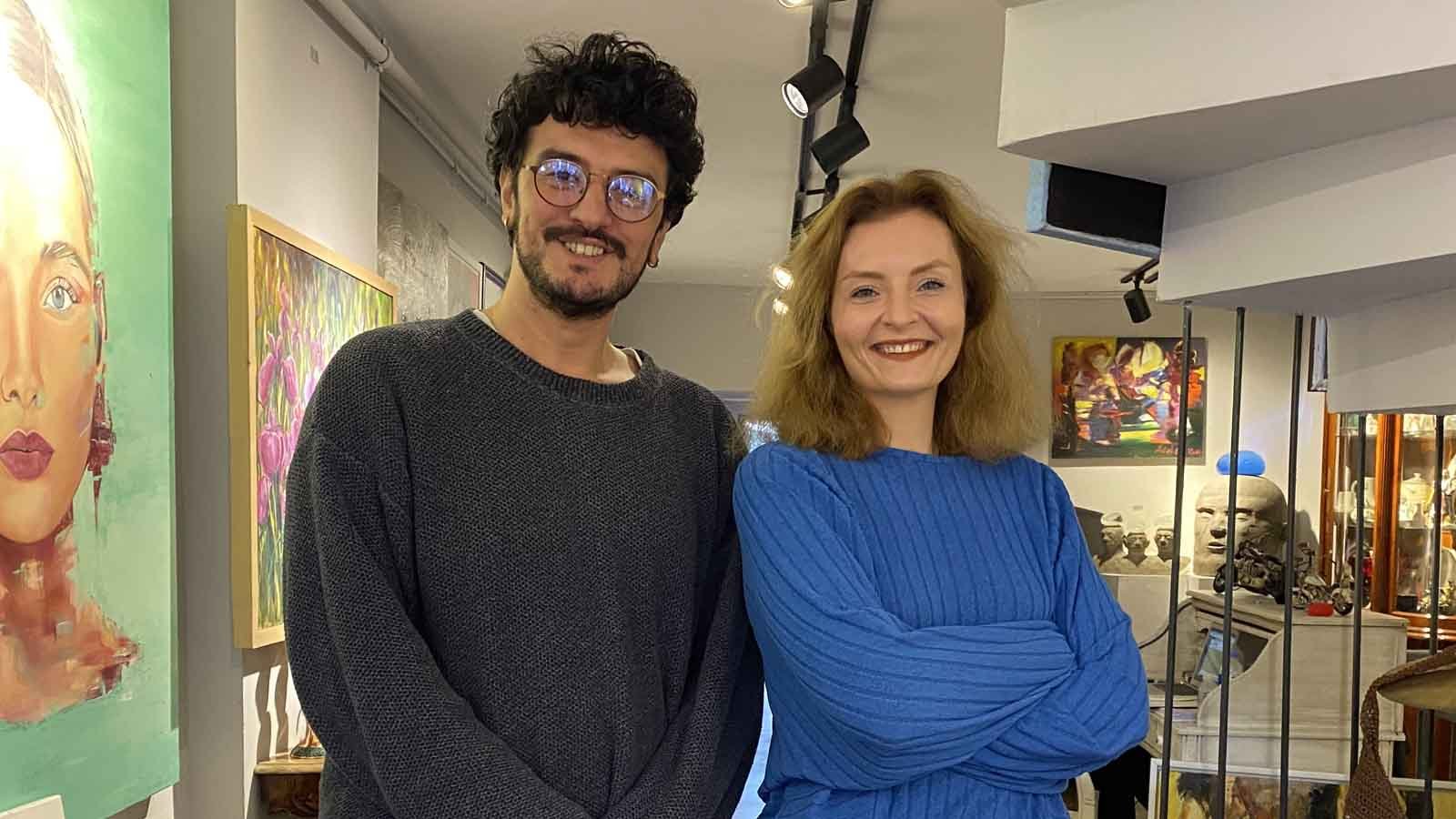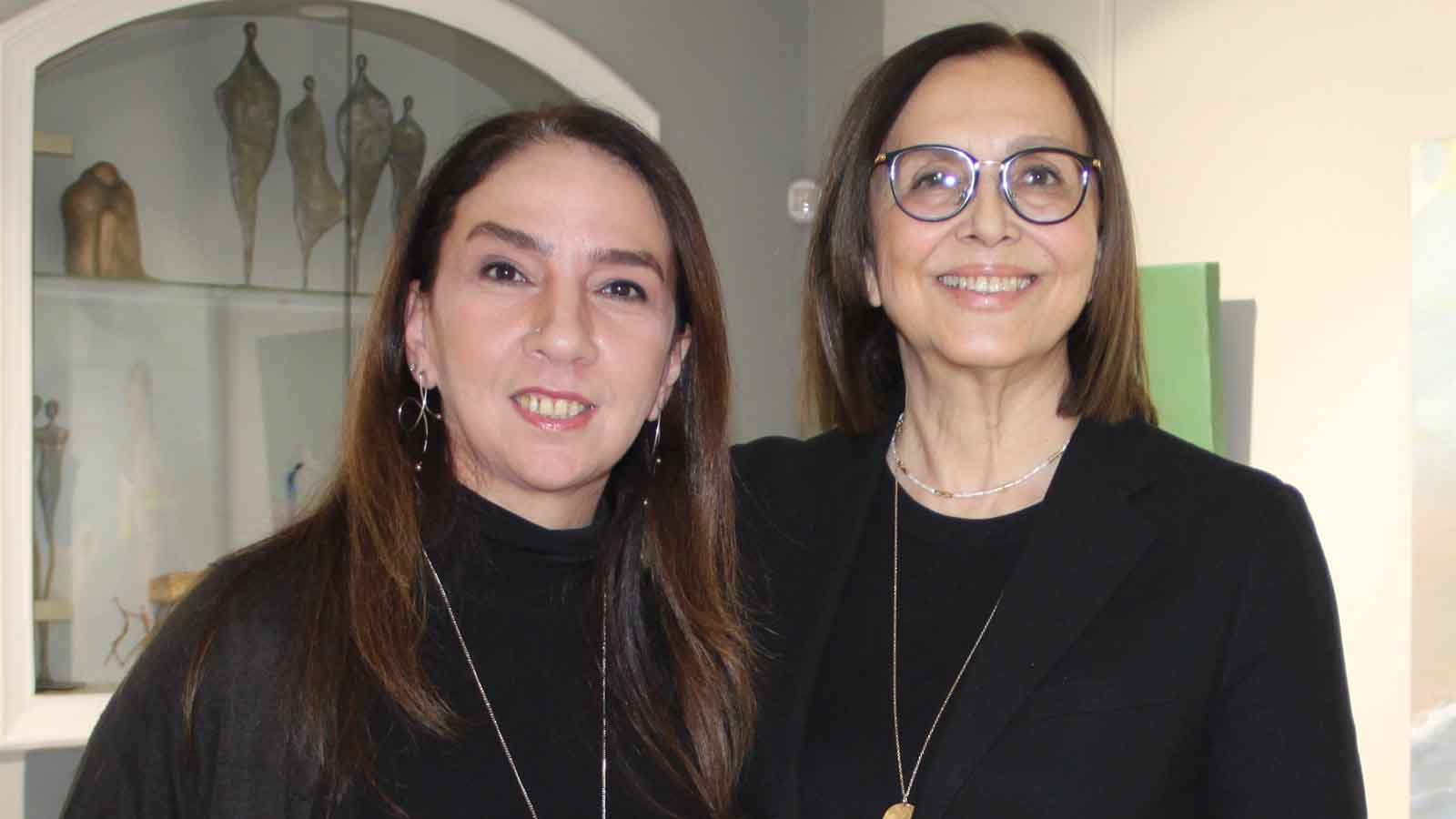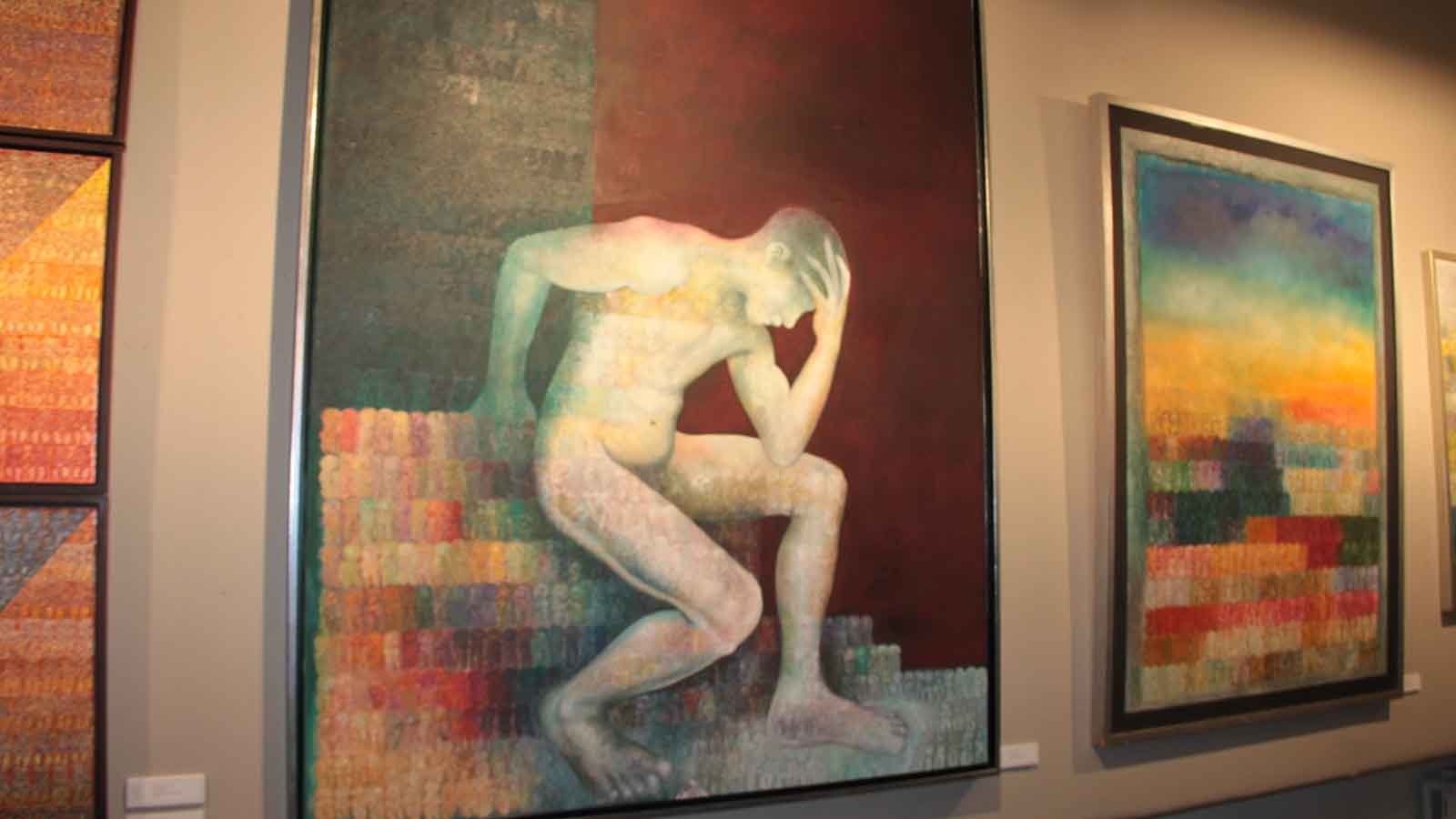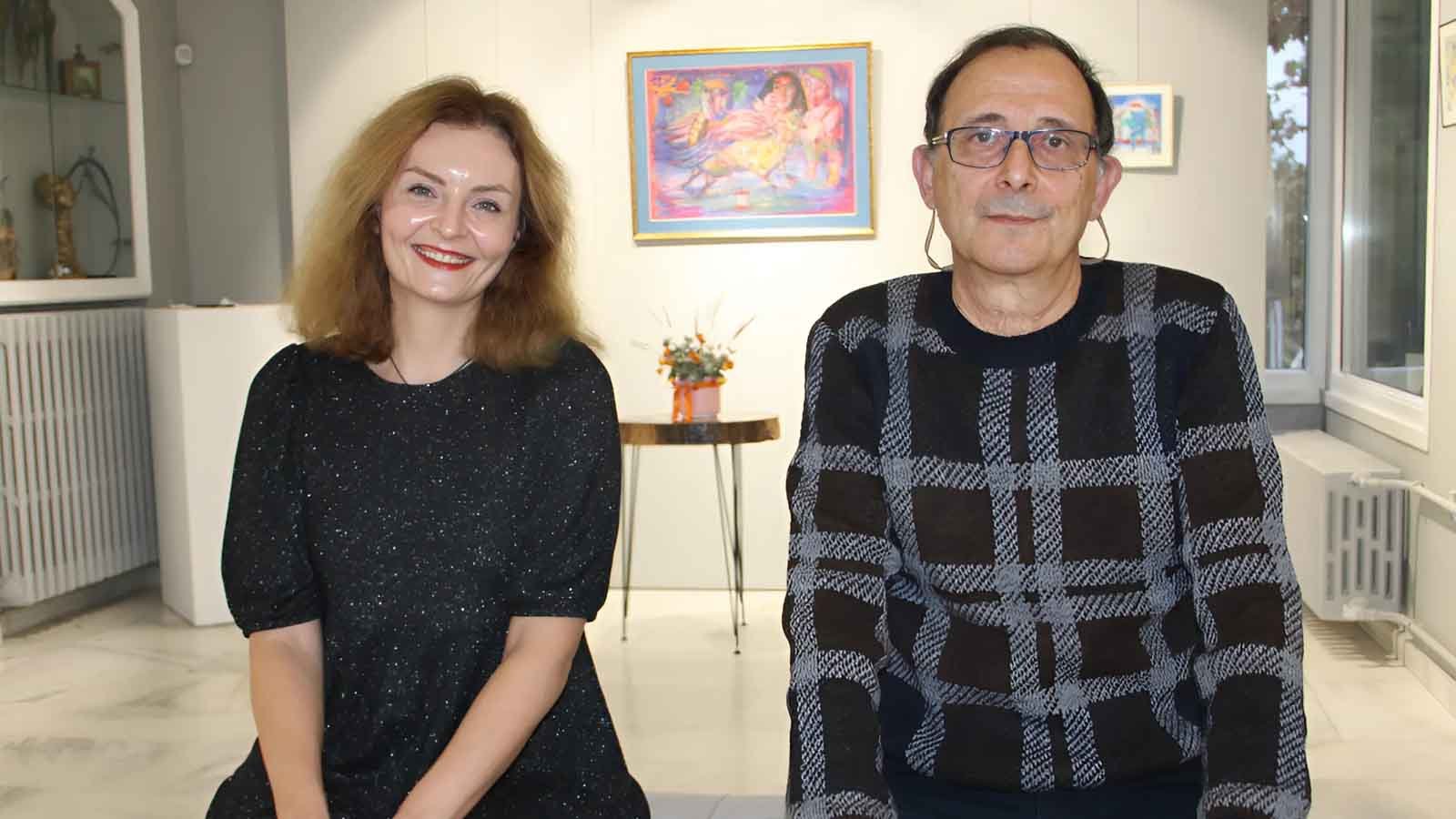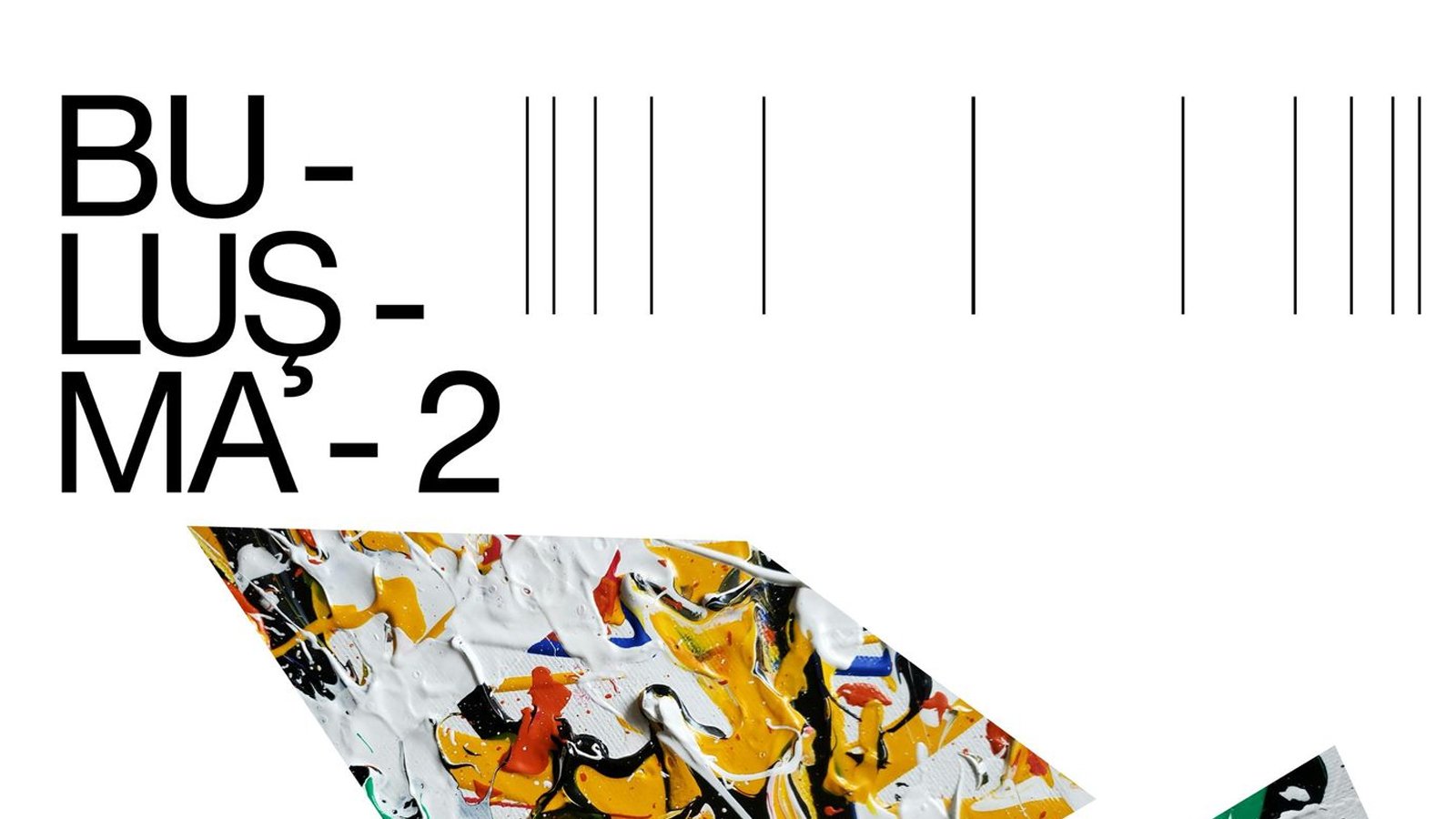We have finally reached Ramadan, the sultan of eleven months, which we have been longing for. I did not want to pass without giving healthy nutrition recommendations during Ramadan, which offers us the opportunity to find health through fasting.
Thanks to the fasting we keep by fasting for a long time during Ramadan, our body will experience wonderful changes. With the autophagy effect, our healthy cells will have the opportunity to feed with waste dead cells that create a toxic effect, and our digestive system will have the opportunity to rest for a long time and repair damaged tissues caused by accumulated toxins. Of course, we will be able to make the best use of these opportunities not only by starving but also by paying attention to our nutrition in this month.

What should we pay attention to during iftar and sahur in Ramadan?
Sahur, the first meal of the day, is very important. Try not to skip sahur as much as possible. By not getting up for sahur, you will both increase the fasting time to about 20 hours and you will not get enough of the nutrients you need to take for that day and necessary for our body.
It is important to prefer foods that are digested slowly and keep you full for a long time. These foods include foods with high protein and fibre content such as whole wheat bread, eggs, cheese, olives. It is also important to drink plenty of water, because adequate water intake prevents dehydration and maintains your energy level throughout the day.
It will be more beneficial for digestion if you start iftar with foods such as water, dates, olives or soup and wait for 10-15 minutes and then move on to the main meal. Heavy meals and especially fatty and sugary foods can lead to digestive problems and weight gain. Instead, it will be healthier to complete iftar with a light soup followed by a main meal containing protein, vegetables and complex carbohydrates.
Along with the nutrients that should be taken daily with Sahur and Iftar, chewing our bites thoroughly and eating slowly are the issues that should be considered both for the health of the digestive system and not to overdo the food. In addition, light walks after iftar can mobilise your digestive system and speed up your metabolism.
Finally, although Iftar tables are pleasant and rich, it will be useful to remind ourselves that we do not have to eat everything on the table or plate. Do not tire your stomach and metabolism by eating more than necessary.
Do not forget that Ramadan is not only an opportunity for worship, but also an opportunity to eat healthy and keep our body fit. We wish you to make the most of this opportunity and have a healthy and peaceful Ramadan.
Dietician Şeyma Izmit
www.seymaizmit.com 0507 470 75 20 İnstagram : dyt.seymaizmit












